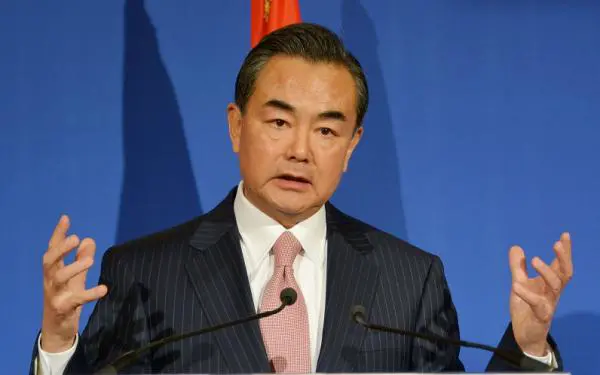Benny Tai Yiu-ting, one of the initiators of the illegal Occupy Central movement and an associate professor of law at the University of Hong Kong, blatantly preached "Hong Kong independence" when he attended a seminar in Taipei in late March. He said Hong Kong could consider becoming an independent state. Tai severely violated China's Constitution, the Basic Law of the Hong Kong Special Administrative Region (HKSAR) and relevant laws in Hong Kong, and posed a challenge to the bottom line of the "one country, two systems" principle, endangering national security. As a legal scholar, Tai deliberately broke the law, trampling on educators' dignity and insulting the nature of the rule of law. It is questionable whether Tai is a qualified law professor and whether the University of Hong Kong should re-examine and fire him.
Tai instigated the illegal Occupy Central movement about three years ago, bringing the broken-window effect to the rule of law in Hong Kong and weakening some participants' law-abiding consciousness. The "civil disobedience" he advocated is nothing but a vial of poison. It aims to incite a "color revolution." The Occupy incident had a far-reaching impact on Hong Kong, sowing the seeds of "achieve justice through breaking laws" as well as vilifying police officers on duty. Some young people mistakenly believe that they can achieve their goals by illegal and violent means, so they created Mong Kok mob violence. Tai is not a qualified teacher as he blatantly distorted and subverted the rule of law, which shakes the cornerstone of social stability.
In addition, as a legal scholar, Tai defied the law and initiated the "Thunderquake Plan." He overtly interfered with the election of the Legislative Council of the HKSAR, which is a great irony for fair elections.
Tai did not engage in research and scholarship, but instead ignored his occupation and racked his brains to meddle in the election. Whether there is a backstage wire-puller behind him remains unclear, but manipulating elections is a violation of democratic principles.
Tai's separatist claim of "Hong Kong independence" is no accident. In fact, he also admitted that "Hong Kong independence" is not new in his comments. Possessed of such comments, Tai has become a spokesman for "Hong Kong independence" and "violation of law" and frequently abused the right of freedom of speech in the guise of academic independence to tout illegal separatism. Such a professor is the scum of the academic world. The university should no longer condone Tai to preach "Hong Kong independence." Dismissal of such a professor who would harm the younger generation is also guidance for Hong Kong mainstream public opinion.
The extreme ideas of "Hong Kong independence" Tai advocated should be strictly prohibited as it is illegal and unconstitutional. Tai attempts to split the country, which threatens China's sovereignty, security and development interests. How could a public university in Hong Kong shelter and tolerate such a hypocritical scholar? Any form of splittism involving "Hong Kong independence" opposes the will of China's 1.3 billion people. Therefore the University of Hong Kong cannot indulge Tai anymore and covering for Tai would only destroy its centenary reputation.
In the face of the blatant incitement conducted by a separatist for "Hong Kong independence," HKSAR does need to fulfill and improve the constitutional responsibility of the National Security Law in Hong Kong. Any person who colludes with separatist forces at home and abroad must be investigated for criminal responsibility. Teaching staff in Hong Kong cannot abuse the teaching platform to preach the illegal and unconstitutional "Hong Kong independence" in the name of academic studies.
At the same time, all Hong Kong civil servants must pledge allegiance to the People's Republic of China and HKSAR, uphold the national Constitution and the Basic Law, thoroughly eradicating separatism to provide a good environment for the sound and stable practice of the "one country, two systems" principle.
The author is a member of the Chinese Association of Hong Kong and Macau Studies. [email protected]
(GLOBAL TIMES)
 简体中文
简体中文

